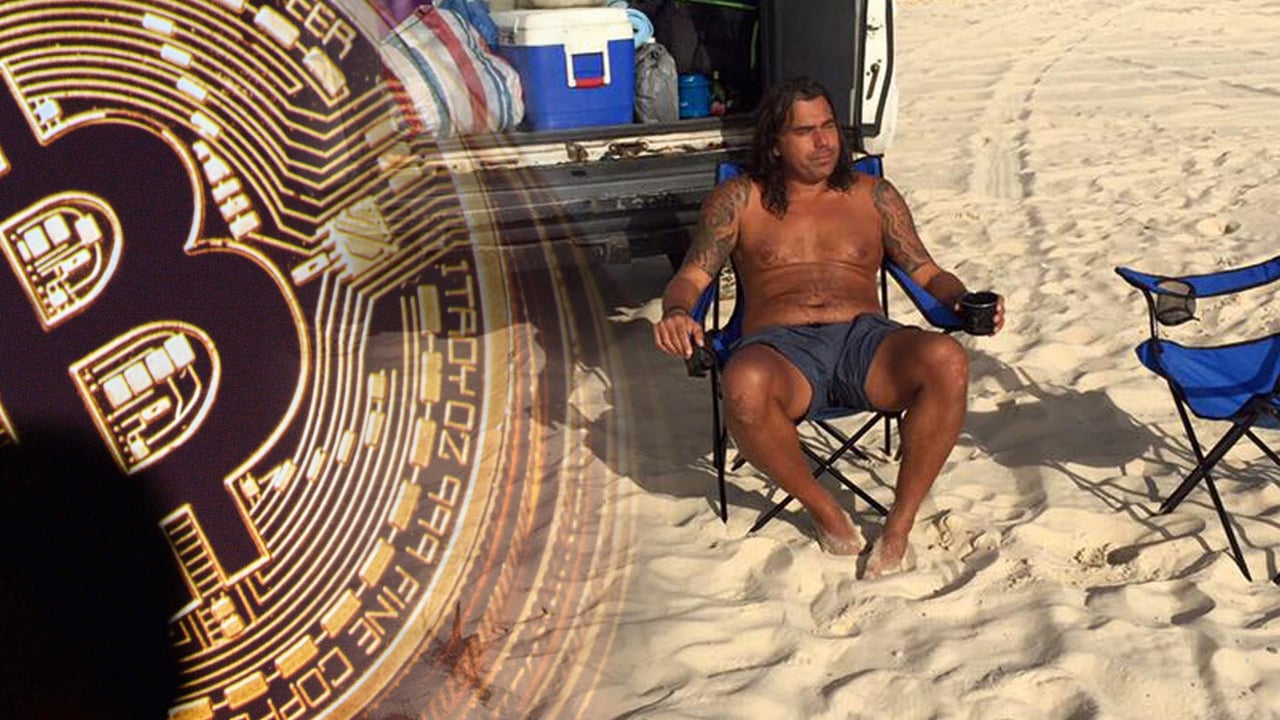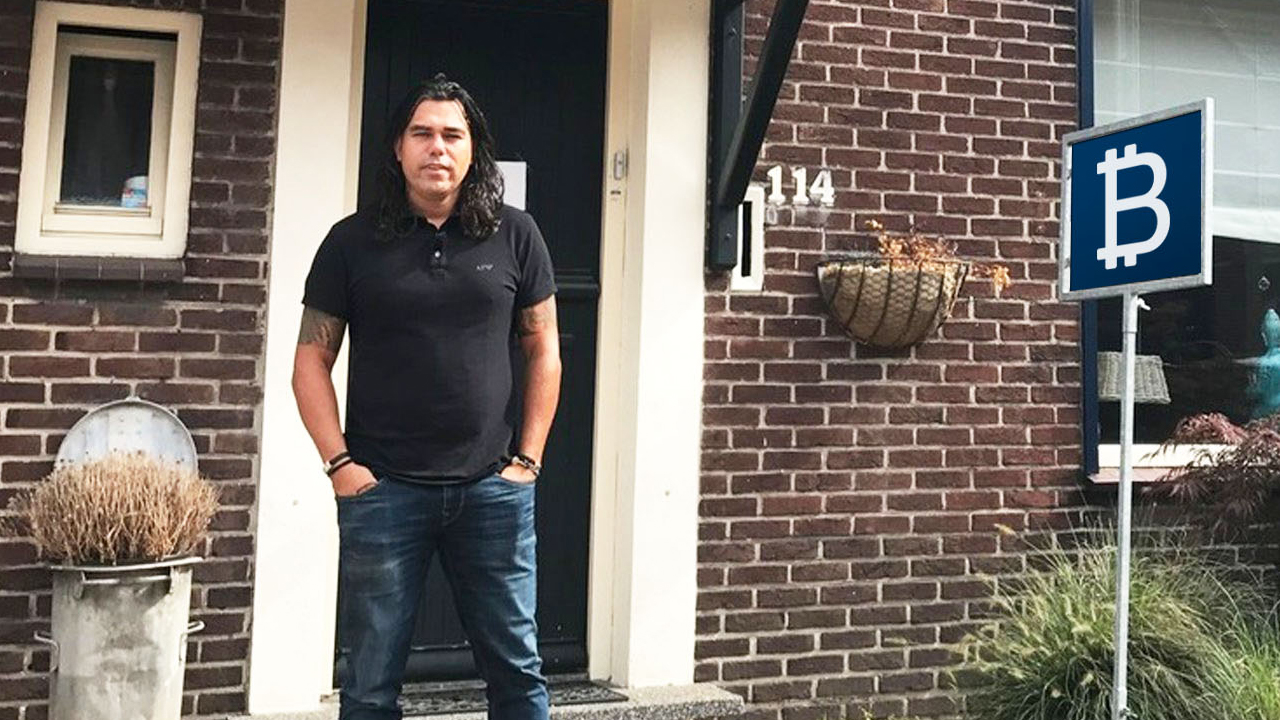Didi Taihuttu Discusses Hiding His Cold Storage Wallets After Selling Everything for Bitcoin 3 Years Ago

Over three years ago, a Netherlands native made headlines when he told the world he and his minimalist family sold everything for bitcoin. At that time, Didi Taihuttu and his family sold their home, valuables, and vehicles in order to accumulate the digital asset. Taihuttu recently discussed how things have been after three years, explaining that 74% of his crypto holdings are currently held in cold storage.
Taihuttu Family Keeps Six Cold Storage Stashes Hidden Across Several Nations
Didi Taihuttu and his family are doing quite well in 2021 living like digital nomads and hidden hardware wallets all over the world, according to a recent interview with CNBC. Bitcoin.com News reported on the Taihuttu family on October 10, 2017, as Didi Taihuttu told the press he and his wife sold everything for bitcoin (BTC). In his latest interview, Taihuttu told CNBC that the family safeguards a total of six hardware wallets hidden across several nations.

“I have hidden the hardware wallets across several countries so that I never have to fly very far if I need to access my cold wallet, in order to jump out of the market,” Taihuttu remarked during the interview. The bitcoin family man explained two positions are in Europe, two are located in Asia, a single wallet is kept in South America, and the last hardware wallet is stored in Australia. However, 26% of Taihuttu’s crypto stash is in hot wallets while the remaining 74% is stored using cold storage solutions. Taihuttu stressed:
I prefer to live in a decentralized world where I have the responsibility to protect my capital.
Taihuttu Discloses the Family Owns Litecoin, Bitcoin, and Ethereum
Taihuttu called his hot wallet stash “risk capital” and explained that he does some day trades from time to time. The digital nomad emphasized how he profited with the recent dogecoin (DOGE) volatility in 2021. While 74% of the Taihuttu stash is stretched across nations in cold storage, the family detailed they owned bitcoin (BTC), litecoin (LTC), and ethereum (ETH). The Taihuttu family, however, did not disclose to CNBC how much they held in their portfolio.
Back in 2017, people called Taihuttu “crazy” but he remarked at the time that his family was “adventurous” and are going to gamble for a moment to live minimalist lives— If you never take a risk, life is boring.” During his interview this week, Taihuttu said that he’s trying to put cold storage solutions on every continent in the world. When it comes to post offices and financial institutions he finds these services “too risky.”
“What happens when one of these companies goes bankrupt? Where are my bitcoins? Will I have access? You again put the trust of your capital in the hands of a centralized organization,” Taihuttu said during his interview. Taihuttu did explain that there are a few centralized cold storage solutions that handle funds well. Taihuttu added:
They have beautiful setups for inheritance. When you die, these companies handle that, as well, and I really believe they are doing a great job.
What do you think about Didi Taihuttu’s recent interview and his minimalist family? Let us know what you think about this subject in the comments section below.
Comments
Post a Comment